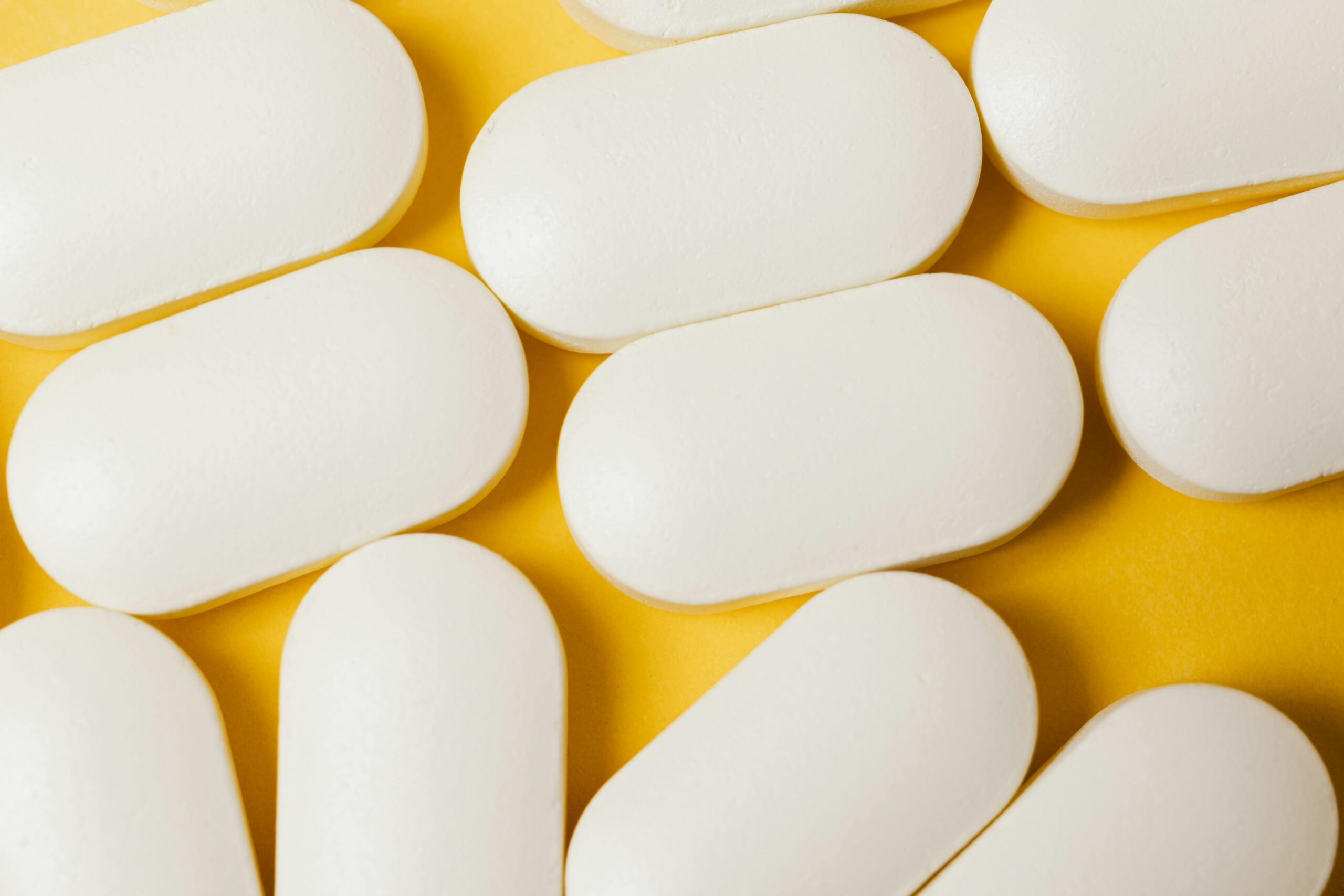The interplay between alcohol and amoxicillin presents an intriguing yet complex topic within pharmacology. While alcohol does not directly counteract the antibiotic’s efficacy, its consumption can lead to a range of adverse effects that may hinder recovery processes. Significantly, individuals may experience intensified side effects such as nausea and gastrointestinal distress, which could complicate treatment outcomes. Additionally, the potential strain on liver function raises further concerns, particularly for those with pre-existing conditions. Understanding these nuances is essential for informed decision-making regarding antibiotic therapy and alcohol consumption, especially in specific populations. What implications does this have for patient care and adherence to treatment protocols?
Interaction Between Alcohol and Amoxicillin
Although amoxicillin is a widely prescribed antibiotic effective against various bacterial infections, understanding its interaction with alcohol is vital for patients. The metabolism of alcohol and antibiotics can be complex, and while amoxicillin does not have a direct contraindication with alcohol, certain considerations must be taken into account. Alcohol metabolism occurs primarily in the liver, where enzymes break down ethanol. Concurrent consumption of alcohol may impact liver function, potentially influencing the metabolism of amoxicillin and other medications. Prescription guidelines typically advise patients to minimize or avoid alcohol intake during antibiotic therapy. This is particularly important for individuals with pre-existing liver conditions or those on multiple medications, as the cumulative stress on liver metabolism can lead to reduced drug efficacy or increased toxicity. Additionally, consuming alcohol may exacerbate symptoms of the underlying infection, such as dehydration or gastrointestinal upset, thereby complicating recovery.
Potential Side Effects
Concurrent use of alcohol and amoxicillin may lead to a range of potential side effects that warrant careful consideration. Although amoxicillin is primarily an antibiotic that targets bacterial infections, the interaction with alcohol can exacerbate certain health concerns, altering the drug’s effectiveness and impacting the patient’s overall well-being. One of the primary potential risks associated with this combination is the increased likelihood of gastrointestinal disturbances. Symptoms such as nausea, vomiting, and diarrhea may be intensified by alcohol consumption, complicating the treatment process. Additionally, both substances can place stress on the liver, raising concerns about hepatotoxicity and the potential for liver damage, particularly in individuals with pre-existing liver conditions. Moreover, the sedative effects of alcohol may interfere with the body’s ability to respond to infections effectively, thereby prolonging recovery times. This interference can lead to a diminished therapeutic response to amoxicillin, complicating clinical outcomes. It is essential for individuals to be aware of these potential risks and to engage in informed discussions with healthcare providers regarding any alcohol consumption during antibiotic therapy.
Recommendations for Safe Use
When considering the safe use of amoxicillin, patients should prioritize open communication with their healthcare providers regarding alcohol consumption. The interaction between alcohol and amoxicillin, while not extensively documented, may still present health considerations that warrant caution. It is crucial for patients to understand that alcohol can potentially exacerbate side effects of amoxicillin, such as gastrointestinal distress, which could hinder recovery. To guarantee safe consumption, healthcare professionals may recommend abstaining from alcohol during the course of antibiotic treatment. This precaution helps to minimize the risk of adverse reactions and guarantees that the medication can work effectively without interference. Patients with a history of alcohol use disorder should be particularly vigilant, as alcohol can compromise the immune system, thereby reducing the efficacy of antibiotics. For those in need of comprehensive care, exploring detoxification programs may provide additional support. Moreover, individuals should be aware of their overall health status, including any additional medications they may be taking, as these factors can influence the safe use of amoxicillin. By fostering a proactive dialogue about alcohol and medication use, patients can make informed decisions that support their health and recovery journey. Ultimately, prioritizing safety and adhering to medical advice is paramount when taking amoxicillin.

Final Thoughts
In conclusion, while alcohol does not directly contraindicate the use of amoxicillin, its consumption may complicate treatment by exacerbating side effects and prolonging recovery. The potential for increased gastrointestinal upset and liver stress necessitates caution, particularly in individuals with pre-existing liver conditions or those taking multiple medications. To optimize healing and minimize adverse effects, abstaining from alcohol during the course of antibiotic therapy is strongly advised. Such measures guarantee the effectiveness of treatment and promote overall patient well-being.
At Altitude Recovery, we’re here to elevate you from the challenges of substance use to a place of lasting resilience and renewal. Our dedicated team crafts personalized, evidence-based treatment plans, guiding you on a journey uniquely tailored to your needs and goals. Reach out for the compassionate support you deserve on your path to wellness by contacting us. Follow us on Facebook for more insights, resources, and stories of hope as we walk alongside you towards recovery.
Frequently Asked Questions
Can I Drink Alcohol While Taking Amoxicillin for a Cold?
When considering the question of consuming alcohol while on amoxicillin, it is crucial to acknowledge potential side effects and medication interactions. While alcohol does not greatly diminish the efficacy of amoxicillin, it can exacerbate side effects such as dizziness, gastrointestinal upset, and drowsiness. As a result, it is advisable to consult a healthcare professional before mixing alcohol with any medication to guarantee safe and effective treatment, particularly in managing a cold or infection.
Is It Safe to Drink Alcohol After Finishing My Amoxicillin Course?
After completing an amoxicillin course, moderate alcohol consumption is generally considered safe for most individuals. However, it is essential to recognize that alcohol metabolism may vary among individuals, potentially influencing amoxicillin side effects, such as gastrointestinal discomfort. Additionally, those with pre-existing conditions or concurrent medications should exercise caution. Consulting a healthcare professional is advisable to guarantee safety and address any personal health factors that may affect this decision.
What Should I Do if I Accidentally Mixed Alcohol With Amoxicillin?
If you have accidentally mixed alcohol with amoxicillin, it is imperative to be aware of potential symptoms and seek medical advice promptly. Monitor for any unusual reactions, such as gastrointestinal disturbances or heightened side effects of the medication. Consulting a healthcare professional will provide guidance tailored to your specific situation, ensuring appropriate management and care. Being informed about your body’s reactions is essential in maintaining your health during this period.
Can Alcohol Reduce the Effectiveness of Amoxicillin Treatment?
Alcohol can potentially interfere with the metabolism of amoxicillin, affecting its efficacy. Specifically, alcohol interactions may alter the absorption and elimination processes, potentially leading to reduced therapeutic effects. While moderate alcohol consumption may not greatly impact amoxicillin for most individuals, excessive intake could hinder the antibiotic’s ability to combat infections effectively. As a result, it is advisable to consult a healthcare professional regarding alcohol use during amoxicillin treatment to guarantee ideal outcomes.
Are There Specific Types of Alcohol to Avoid With Amoxicillin?
When considering alcohol interactions with medications, it is essential to prioritize medication safety. There are no specific types of alcohol identified as particularly harmful with amoxicillin; however, it is generally advisable to avoid alcohol consumption while on any antibiotic. Alcohol can potentially hinder the body’s ability to recover and may exacerbate side effects. Therefore, maintaining sobriety during treatment is recommended to guarantee ideal therapeutic outcomes and minimize health risks.




